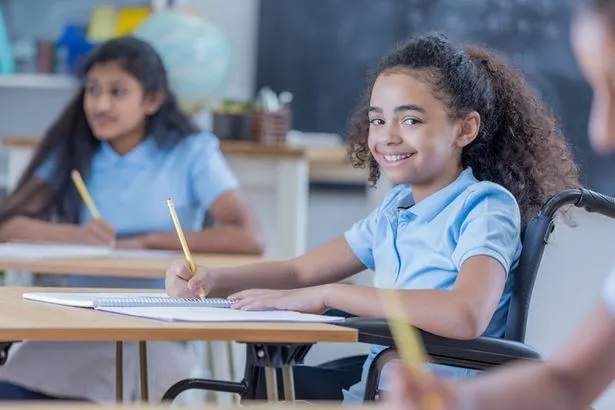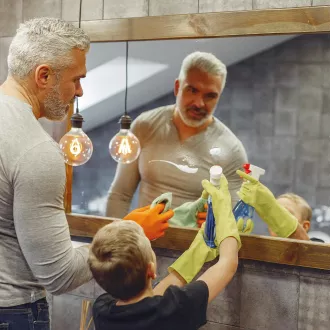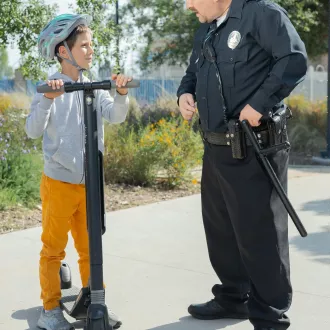Transcription How to promote active listening and effective communication?
Active listening and effective communication are fundamental skills that should be fostered in children so that they develop adequate autonomy and the ability to express themselves and understand others. These skills are key to the establishment of healthy interpersonal relationships, conflict resolution and the development of empathy.
At this point, some strategies and tools to promote active listening and effective communication in children will be described. It will cover from the definition of these skills to the explanation of techniques and tools for their development.
What is active listening?
Active listening is a skill that involves paying attention to what another person is saying, not only verbally but also nonverbally, and showing interest in their message. This skill involves a series of attitudes and techniques that allow us to understand more deeply the message being transmitted and to respond appropriately.
Active listening involves:
- Paying attention: Active listening requires full and conscious attention to the person who is speaking. This involves paying attention to gestures, tone of voice, facial expressions and words used.
- Show interest: Active listening involves demonstrating a genuine interest in what is being said. This can be achieved through questions, comments and responses that show a real interest in the message being received.
- Empathize: Active listening involves putting yourself in the other person's shoes and understanding their point of view. This allows you to create an emotional connection with the other person and facilitates communication.
- Responding appropriately: Active listening implies an appropriate and timely response to the message received. This means that the response must be based on the message received and on the understanding of the other person's point of view.
Why is it important to encourage active listening in children?
Encouraging active listening in children is important for several reasons:
- Development of empathy: Active listening is a fundamental skill for the development of empathy, as it allows us to put ourselves in the other person's place and understand their point of view. Empathy is a fundamental skill for establishing healthy interpersonal relationships and for conflict resolution.
- Development of communication skills: Active listening is a fundamental skill for the development of communication skills, as it allows one to understand the message being received and respond appropriately. Communication skills are fundamental to the development of healthy interpersonal relationships, conflict resolution and the development of social skills.
- Development of the ability to concentrate: Active listening requires full and conscious attention to the person who is speaking. Encouraging active listening in children can help them develop the ability to concentrate and pay full attention.
- Prevention of bullying: Encouraging active listening in children can help prevent bullying, as it allows them to understand the other person's point of view and establish healthy interpersonal relationships.
Differences
To foster active listening and effective communication in children, it is important to first understand what is meant by these skills. Active listening refers to the ability to pay attention, understand and respond effectively to what is being said. On the other hand, effective communication refers to the ability to express thoughts and emotions in a way that is clear and understandable to the receiver.
Both of these skills are fundamental to the development of child autonomy, as they enable children to be able to express their needs and feelings effectively, which is essential for establishing healthy and lasting relationships with others. Therefore, fostering active listening and effective communication is an important part of the process of fostering independence in children.
listening communication




